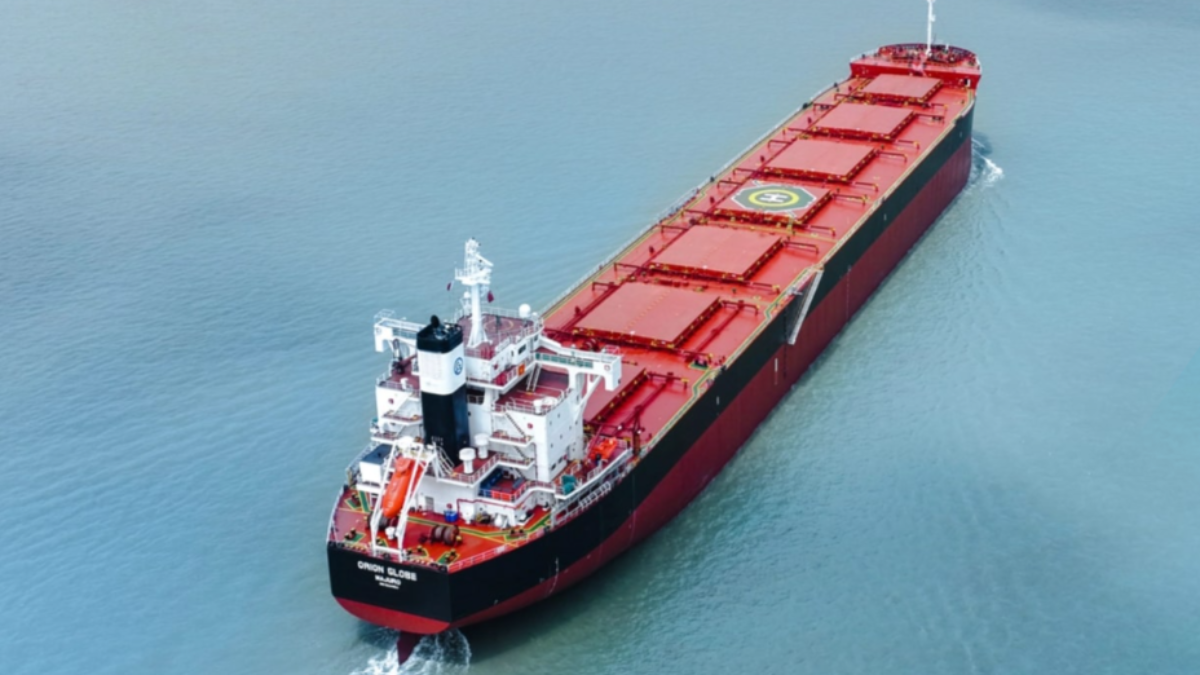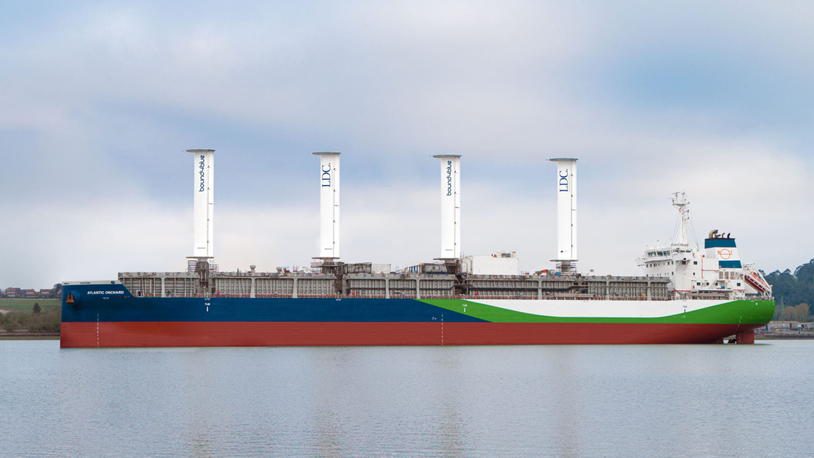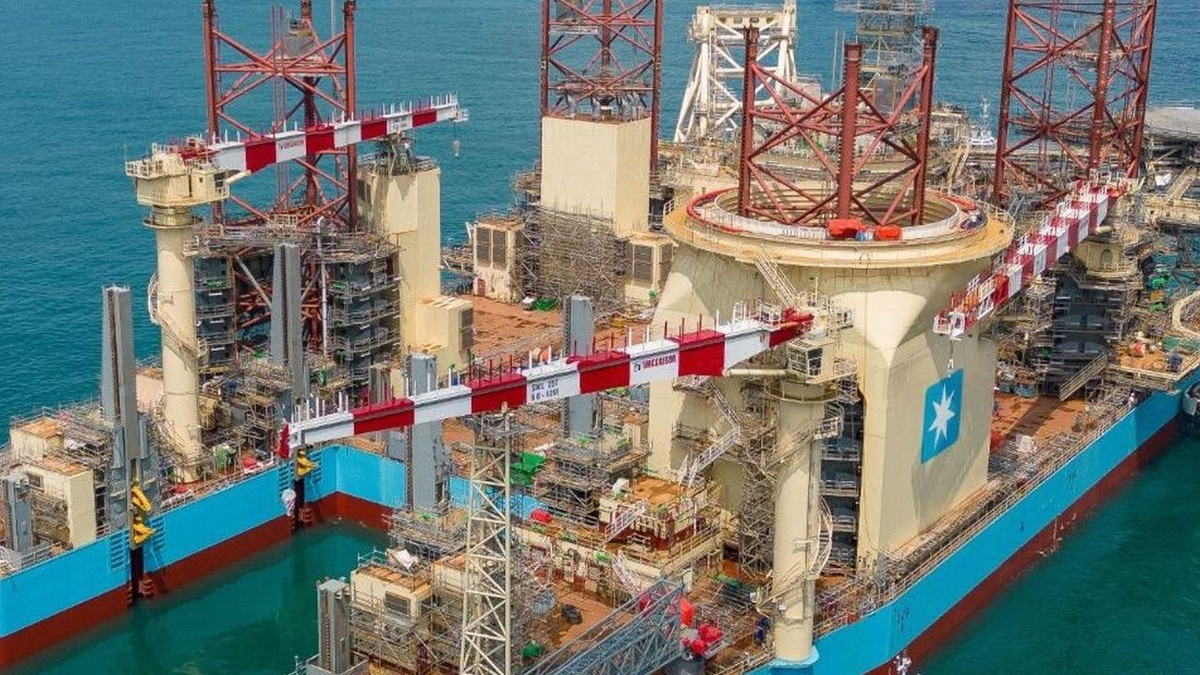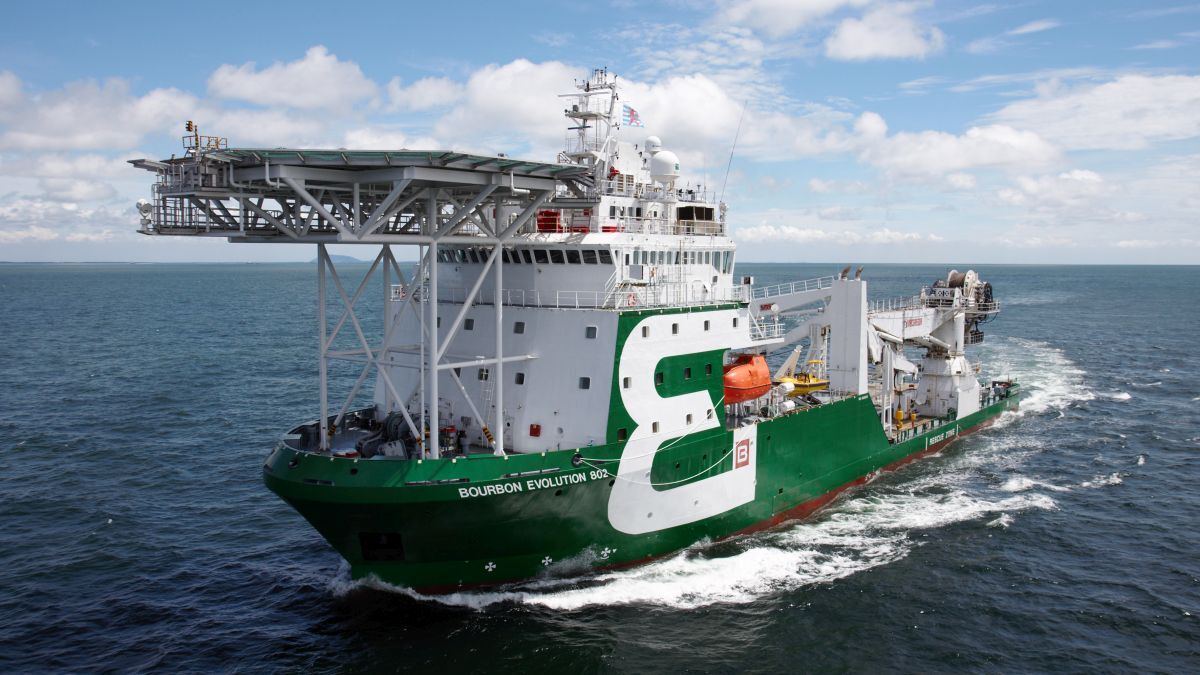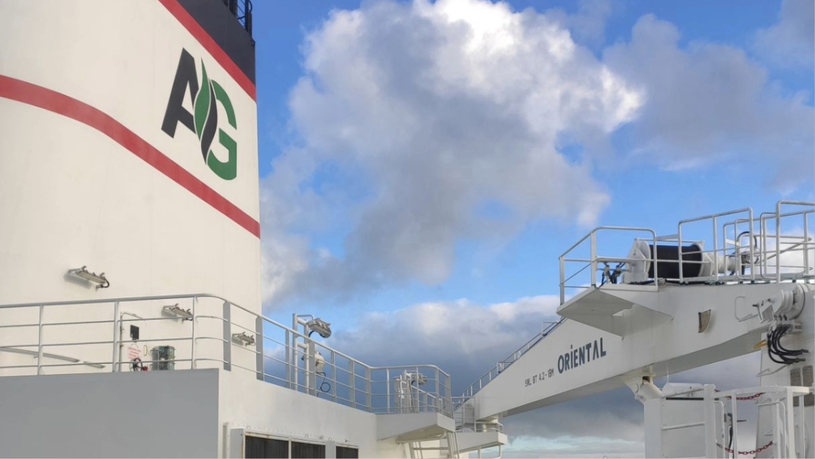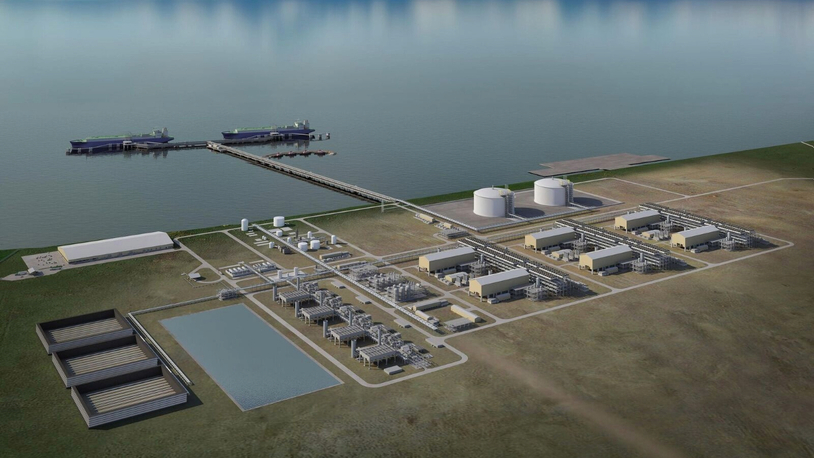Business Sectors
Events
Floating energy: successfully unlocking stranded gas using FLNGs and FSRUs
Contents
Register to read more articles.
Globus Maritime dives into biofuels as regulatory tide shifts
The Feidakis family controlled Globus Maritime is making a move into biofuels as it prepares for current and forthcoming environmental regulations
The US-listed Greek shipowner revealed in its Q1 financial report that it has successfully completed its first voyage using a sustainable biofuel blend. The dry bulk specialist said the voyage was carefully monitored to evaluate engine performance, fuel consumption and overall operational impact – reporting no technical issues throughout the journey.
According to Globus Maritime, the results were encouraging: the biofuel blend reduced lifecycle CO2 emissions compared with conventional marine fuel, and it required no significant engine modifications or retrofitting.
The company described the trial as a “significant milestone” in its efforts to cut carbon emissions and comply with future environmental regulations, including FuelEU Maritime and IMO’s revised carbon intensity targets.
Positioned for further growth
Globus Maritime believes its modern, fuel-efficient fleet positions it well to benefit from the regulatory transition. The company currently manages nine bulk carriers, with a combined capacity of 680,622 dwt and an average fleet age of 7.5 years.
In February, Globus sold 2007-built Supramax River Globe for US$8.6M, before commissions and expenses.
The company is also advancing a newbuilding programme, with two Ultramax vessels under construction at Japanese shipyards and delivery scheduled for 2026. Notably, management has not ruled out further expansion. It emphasised strong relationships with lenders provide flexibility to explore various financing options for continued fleet modernisation.
Challenging market pressures results
As is typical for the seasonally slow first quarter in dry bulk, market conditions were further strained by complex geopolitical and macroeconomic headwinds.
Globus Maritime reported a net loss of US$1.5M for Q1 2025, compared with a loss of US$0.3M in the same period last year.
Voyage revenues rose to US$8.6M from US$7.7M, reflecting an increase in the average number of vessels. However, market softness led to a decline in time charter equivalent (TCE) rates, falling to US$9,225 per vessel per day from US$11,862 in Q1 2024.
However, Globus Maritime remains optimistic about the medium- and long-term outlook for the dry bulk sector. “Our company remains committed to driving change in the maritime industry by investing in cleaner fuels, operational efficiency and innovation,” management said.
Sign up for Riviera’s series of technical and operational webinars and conferences:
- Register to attend by visiting our events page.
- Watch recordings from all of our webinars in the webinar library.
Related to this Story
Events
Maritime Regulations Webinar Week
Floating energy: successfully unlocking stranded gas using FLNGs and FSRUs
© 2024 Riviera Maritime Media Ltd.


